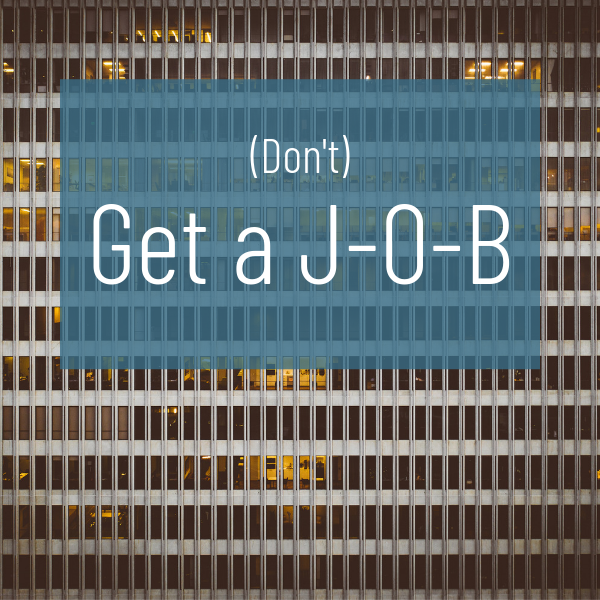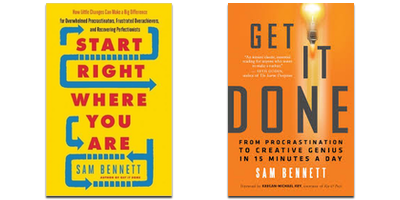— a limited series about unconventional economics —
“I chicken out when it comes to stating my price.”
“I tried to raise my prices, but then people say they can’t afford it.”
“I know my work is worth a bundle – but really – no one would pay me that much.”
Luckily, these common misconceptions are easy (and fun!) to fix.
EASY ACTION STEP:
“I chicken out when it comes to stating my price.”
This is not an economic issue.
This is a courage issue.
Pretend that you charge ten times more than you currently do, and say that number out loud ten times in a row. So if you’ve been charging $100, you might say, “I charge $1000….How much do I charge? Oh, it’s just $1000…..If you want what I do, it’s $1000….I only charge $1000….I get $1000 for what I do….” etc. Do this 10 times a day for 10 days in a row and see how your mindset, your beliefs and your actions begin to shift.
“I tried to raise my prices, but then people say they can’t afford it.”
This is not a sign that your prices are too high. In fact, it’s probably a sign that your prices are too low, because your people are not understanding the VALUE of what you do.
Think of a customer story (real or imagined) that conveys the true value of what you do. Think of the deeper, ongoing results people get from your work.
(Obviously, if it’s an imagined story, you don’t want to present it as real, but you can say, “My work affects everyone differently, but my hope is that people get results like X, Y and Z….”)
For example, “I gave this client a series of 10 massages, and she told me she was feeling so calm and centered that she and her teenage daughter were actually having real conversations again! Imagine how much it’s worth to her to heal that relationship…”
Or, “This client bought some of my art to display in her office, and not only does she feel inspired every time she looks at it, her new assistant said she knew the job was right for her when she saw that piece. Imagine how much it’s worth to have the perfect assistant…”
“I know my work is worth a bundle – but no one will pay me that much.”
Usually when people say that to me, what they are really saying is, “I wouldn’t pay me that much.” Which is true.
You wouldn’t pay that much for what you do, because you don’t have your customer’s problem.
You, my dear, are not your ideal client.
I also hear this is when people have been trying to market to their friends and family.
Your friends and family are not your ideal clients, either.
Spend 5 minutes dreaming up a mental picture of your ideal client. Imagine how old they are, the house they live in, the clothes they like, the tv shows they watch. Imagine how much money they have already spent trying to solve the problem that you can fix for them. Imagine that they are looking for you right now.
Use that daydream to inspire one action you could take to find that person in real life.
Try one of these and let me know how it goes, OK?
Yours,

P.S. This post is part of a limited series exploring the world of business for artists, healers, writers, coaches, creatives, and anyone who thinks they can’t make money doing what they love.
P.P.S. Here’s what I know for sure: taking baby steps like this is the way to grow into your prosperous, sustainable life. Even just 15 minutes a day can take you there. But you’re going to need a supportive community, some solid training in entrepreneurial concepts and some good advice (both practical and spiritual) from someone who’s done it already.
And that’s what Sam’s Pro Club is all about – and you can get started for just $12.32/day (annual subscription). Check it out here – S.
“I told [this famous publisher] about my book idea and your suggestion to use the prompts in an email series. In the middle of describing this, he interrupted to say he wants to publish THAT book. I almost fell off my chair. I’m both over the moon and hyperventilating. And sooooooo motivated! Just had to share the news and share my gratitude. In large part, thanks to you and all I’ve learned from you, I know I can make all of this – and more – happen.” – B.J., recent alumni of Sam’s Pro Club





